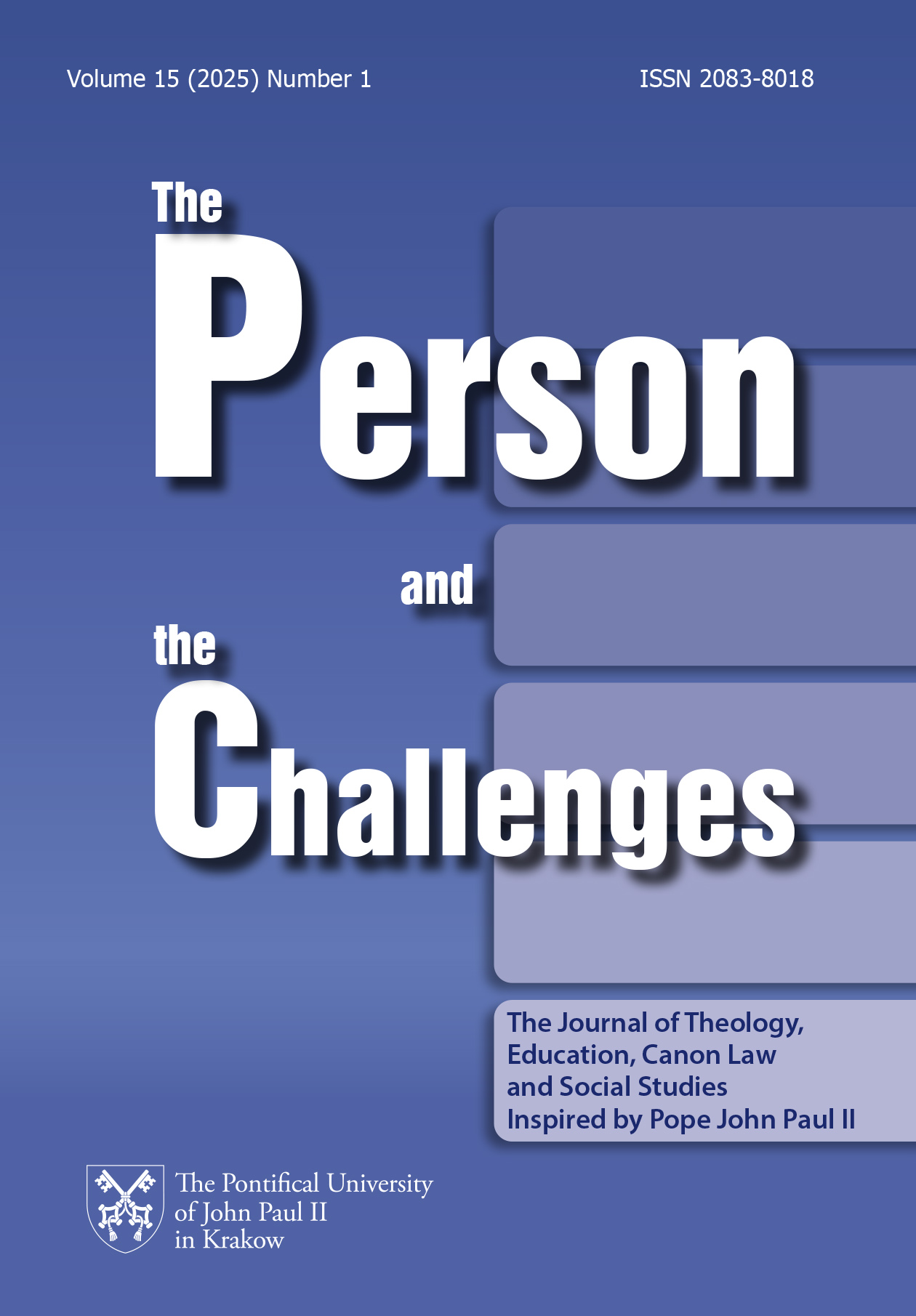Role of demographic factors in the formation of grandareting styles
DOI:
https://doi.org/10.15633/pch.15110Słowa kluczowe:
Grandparents, grandchildren, parenting style, demographic factorsAbstrakt
As population ageing is a global trend of our time, the relationships we form with older people are becoming increasingly important. The relationship between grandparents, adult children and grandchildren plays an important role. The definition of grandparenthood can also include activities with grandchildren, emotional attachment, and the quality of the relationship between grandchildren and grandparents. In this paper, we have focused on the relationship between grandparents and grandchildren, with special attention to the influence of demographic factors on the formation of grandparenting styles. At the same time, we researched the following grandparenting styles that are most frequently mentioned in the literature: formal, fun-seeker, surrogate parent, reservoir of family wisdom and distant figure. We found in our study that there are significant differences in individual grandparenting styles in relation to gender, age and marital status, while no major differences were detected in terms of education and place of residence.
Bibliografia
Brunello G., Rocco, L. Is children bad for the mental health of grandparents? Evidence from share, “Review of the Economics of the Household” 190 (2016), pp. 67–74.
Cherlin A. J., Furstenberg, F. F., The new american grandparent. A place in the family, a life apart, London 1992, Harvard University Press.
Dunifon, R., Bajracharya A., The role of grandparents in the lives of youth, “Journal of Family Issues” 33 (2012) 9, pp. 1168–1194.
Gürtler H. Otroci imajo radi stare starše: priročnik za življenje z vnuki, Celje 2013, Celjska Mohorjeva družba.
Kivett V. R., The grandparent. Grandchild connection, “Marriage & Family Review” 16 (1991) 3/4, pp. 267–290.
Krasnova O. V., Grandmothers in the family, “Russian Social Science Review” 43 (2002) 5, pp. 76–91.
Mlakar T., Stari starši v življenju vnukov, “Kakovostna starost” 18 (2015) 2, pp. 3–21.
Moore S., Rosenthal D., Grandparenting. Contemporary perspectives, New York 2017, Routledge.
Neugarten B. L., Weinstein K. K., The changing American grandparent, “Journal of Marriage and Family” 26 (1964) 2, pp. 199–204.
Robertson J. F., Grandmotherhood. A study of role conceptions, “Journal of Marriage and Family” 39 (1977) 4, pp. 165–174.
Simonič B., Osewska E., Emotional Expirience and Consequences of Growing Up in a family with Alocoholism in Adult Children of Alchoholics, “The Person and the Challenges“, 13 (2023) 1, pp. 63–81.
Stala J., Parents catechesis: for children, family or for adults?, “The Person and the Challenges” 13 (2023) 1, pp. 37–51.
Sprey J., Matthews, S. H., Contemporary grandparenthood. A systemic transition, “The Annals of the American Academy of Political and Social Science” 464 (1982) 1, pp. 91–103.
Timonen V., Arber S., A new look at grandparenting, in: S. Arber, V. Timonen. (eds.), Contemporary grandparenting. Changing family relationships in global contexts, Chicago 2012, The University of Chicago Press, pp. 1–24.
Uhlenberg P., Cheuk M., The significance of grandparents to grandchildren. An international perspective, in: D. Dannefer, C. Phillipson, (eds.), The SAGE handbook of social gerontology, London 2013, SAGE Publications Ltd, pp. 447–458.
Yang F., Liu X., Grandparenting styles, childhood food insecurity, and depression among Chinese rural left-behind children. A structural equation model, “Children and Youth Services Review” 13 (2020) 3, pp. 119–123.
Wetzel M., Hank K., Grandparents’ relationship to grandchildren in the transition to adulthood, “Journal of Family Issues” 41 (2020) 10, pp. 1885–1904.
Žorž B., Stari starši in njihovo vzgojno poslanstvo. Celje 2015, Celjska Mohorjeva družba.
Pobrania
Opublikowane
Numer
Dział
Licencja
Prawa autorskie (c) 2025 Jernej Kovač, Saška Kurnik

Utwór dostępny jest na licencji Creative Commons Uznanie autorstwa 4.0 Międzynarodowe.
Autorzy publikujący w czasopiśmie udzielają jego wydawcy zgody o następującej treści:
- Autor zachowuje autorskie prawa majątkowe do utworu, a jednocześnie udziela wydawcy czasopisma zgody na jego pierwszą publikację w wersji drukowanej i wersji online na licencji Creative Commons Uznanie autorstwa 4.0 Międzynarodowe oraz zgody na wykonywanie opracowań, w tym przekładów.
- Autor ma możliwość udzielania zgody niewyłącznej na opublikowanie utworu w wersji, która ukazała się w czasopiśmie (np. zamieszczenia go w repozytorium instytucjonalnym lub opublikowania w książce), wraz z informacją o jego pierwszej publikacji w czasopiśmie.
- Autor może umieścić swój utwór online (np. w repozytorium instytucjonalnym lub na swojej stronie internetowej) jeszcze przed zgłoszeniem utworu do czasopisma.

